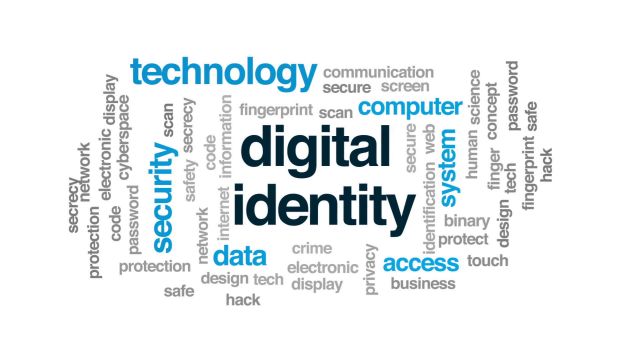
5 skills to prepare for tomorrow’s tech-centric jobs (Tech notes)
Rapid developments in technology require professionals to upgrade their skills for technology-centered jobs of tomorrow
Srikanth Vidapanakal, who has been into data for more than 18 years, was inquisitive to learn about new technologies. He did a Self-Driving Car Engineer Nanodegree that helped him acquire advanced skills and landed him with a job in automation sector. Srikanth is an example of lifelong learning where staying relevant in the age of rapidly changing technologies is the need of the hour.
In 2017, research suggested that AI and robotics could collectively take over 800 million jobs worldwide by 2030. On the flipside, it also mentioned that the technological revolution will end up creating millions of new jobs. In order to stay relevant and keep their jobs in the changing global job landscape, technologists and professionals from diverse fields will be required to upskill themselves Keeping yourself abreast with emerging technologies will constantly keep you ahead of the game.
Here are 5 skills that, if acquired, can keep you relevant in the transforming global job market of tomorrow:
Machine Learning: Machine Learning entered the technological arena as a game-changer that enabled multifaceted software to become more competent at tasks without the need for repeated programming. Machine Learning allows computers to read and interpret large data sets to derive essential insights. This learning can further be applied to complex data models in order to create predictions and compare trends for the future. Machine Learning can also enable algorithms to track data and identify weak links in any process or system, thereby optimizing them to their highest level of productivity and efficiency.
Deep Learning: Deep Learning is a part of Machine Learning which is based on the Neural Network architecture. Neural networks are extremely advanced programming codes that seamlessly mimic the architecture of neurons of the human brain. Through Deep Learning, software can identify and configure patterns from data or images much more proficiently. By identifying patterns in data, Deep Learning can be utilized to create more efficient Natural Language processors that can be used to write more responsive chatbots.
Blockchain: Blockchain technology evolved with the purpose of appending data security and information privacy to cryptocurrency Bitcoin. Today, the robust mechanism has found applications in securing digital payments, smart contracts, cybersecurity, digital IDs copyright protection and data sharing. Given the exceptionally versatile nature of blockchain applications, blockchain technology experts are high in demand in the job market. Jobseekers with blockchain skills bag the 4th highest salaries in India which makes it one of the most sought after job by Indians and professionals around the world.
Robotics and Automation: Both robotics and automation are essentially reducing human labor and proliferating safety of humans by taking over dangerous, physically demanding tasks. Robots can easily lift heavier weights and tolerate high temperature working environments more than human workers possibly can. Robotics has quickly clocked in the highest potential among any other applications of Artificial Intelligence. With Machine Learning at the heart of AI, robots that already outperform humans at the physical level will also be able to undertake a variety of laborious tasks such warehousing and security.
Self-Driving Cars: For more than a 100 years, motor vehicles have been an integral part of human existence. Since its inception, the motor vehicle has gone through umpteen updates that have led to the invention of the modern and inherently secure vehicle. However, road accidents have continued to cause loss of property and life. These fatal accidents can be attributed not to technology but to human negligence or error, leading to the need for replacing the human driver. With cutting-edge robotics, Machine Learning, and engineering, humans have been able to create self-driving cars. These driverless vehicles are appearing to be exponentially more efficient at avoiding collisions and accidents.
(Ishan Gupta is MD India of Udacity, Silicon Valley-based lifelong learning platform)
—IANS

